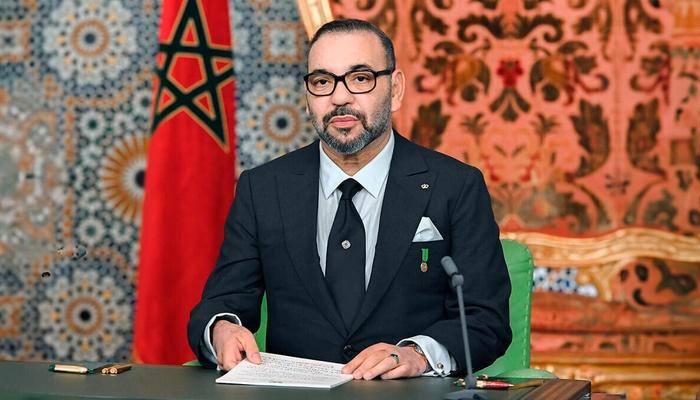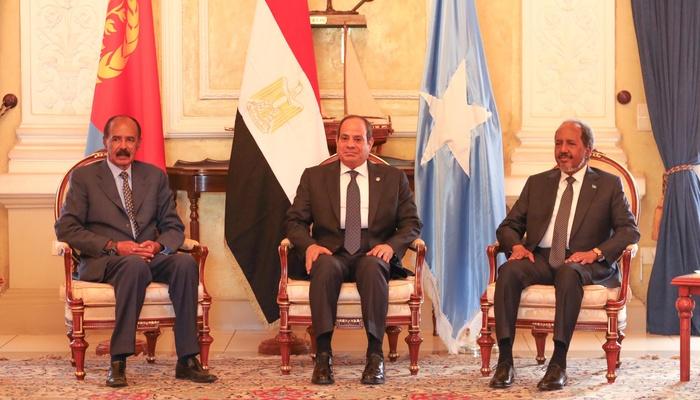European Terrorism and the strategic weakness of the West
On November 10th, in the wake of the jihadist terrorist attacks that have engulfed Paris, Nice and Vienna in recent weeks, France hosted a virtual mini-summit with the leaders of Austria and the Netherlands – Sebastian Kurtz and Mark Rutte – and the Presidents of the Commission and the European Council – Ursula von der Leyen and Charles Michel – aimed at addressing the current security crisis that is affecting, more or less directly, the entirety of the European Union as much as its individual Member States.
The meeting, to which Italy did not take part, was, however, a symbolic moment more so than an operational one. Compared to what could have been more wide-ranging initiatives, the Elysée in particular confined itself to proposing a series of ‘rapid’ responses to the threat of Islamist radicalization, to be understood as part of a European offensive to a phenomenon that Macron himself has called ‘Islamist separatism’. This terminology – there is no separatist movement within political Islam – seemingly interchangeable per French rhetoric with terms such as ‘Islamist radicalism’ and ‘Islamic terrorism’, casts serious doubts on what may be the real understanding by European countries of the phenomenon that today the West is once again faced with, namely jihadism, a deformation of the Islamic doctrine that goes so far as to justify violence as a tool to pursue its unworking socio-political objectives. Meanwhile, the juxtaposition of Islam with terrorism, more or less openly suggested by President Macron in recent weeks, has had the effect of stirring up widespread anger from the Muslim world, and a condemnation of this rhetoric has also come from the imam of al-Azhar, Cairo’s famous university, one of the most prestigious centers of legal theological studies of Sunni Islam in the Arab world.
In light of a provocative posture that undermines the ability to dialogue with potential partners of the Arab world and that exacerbates the resentment and sense of alienation of the Umma ,the virtual mini-summit set itself the objective of working on a declaration, adopted by the EU Interior Ministers on the 13th of November, that summarizes the various measures that will be implemented at the European level to deter new attacks and also aimed at preventing the process of violent radicalization.
The document, the ‘antechamber’ of what will be the definitive counter-terrorism strategy that the various European ministers aim to put in place by the end of December, is divided into nine points: religious freedom; social cohesion; strengthening the security of a well-functioning Schengen area; ensuring personal security; the prevention radicalization – online and offline; the exchange of information about people who pose a threat of terrorism or violent extremism; monitoring foreign fighters returning from theatres of war; the renewal of the EU information architecture; the protection of public spaces. Although most of the initiatives discussed in the declaration do not contain any original elements – the French attempt to initiate a reflection on the reform of the Schengen area has for years been a matter under discussion on the European Union’s tables – there are also initiatives that are both new and potentially problematic.
In order to defend pluralism and religious freedom, the document affirms the desire to promote religious education – structurally, this would preferably take place within the European Union, to guarantee its oversight – in line with the fundamental rights of the Union. To this end, the President of the European Council, Charles Michel, has put forward a proposal to set up a new pan-European body to serve the dual function of overseeing the training of imams and controlling their webs of followers, in order to increase the monitoring capacity of networks orbiting around the different Muslim prayer centres. The hope, according to Michel, is therefore to ensure that ‘ideologies of hatred’ are not spread within these social networks.
Although the proposal is still in its infancy, the formalisation of the role of the imam, a figure of guide to prayer in the Islamic tradition, is in danger of not being sufficient unless implemented in tandem with what could be measures to encourage imams to participate to this programme. Indeed, it is feared that without a more targeted package of measures, many of the followers and individuals at risk of radicalisation would simply stop following these institutional imams, which would indirectly promote the proliferation of clandestine and potentially even more subversive religious figures.
Within the declaration of Friday, the 13th, the rapid deletion – within an hour – of content that incites to hatred, violence and terrorism from social networks was also proposed, as a matter of utmost urgency. In addition, the European Commission has been asked to include in the Digital Service Act (DSA) – the measure expected to be announced in December that will revolutionize EU legislation on the Internet – to provide fines for platforms that do not remove illegal content that incites to terrorism. The European Union therefore aims to successfully complete the negotiations on the regulation of terrorist online content (TCO) by the end of the year, thus maintaining the ambition to create a new and effective operational tool for cross-border elimination of terrorist content.
The document also includes several proposals regarding the threat posed by the phenomenon of foreign fighters. In addition to the systematic use of all the relevant features of the Schengen Information System (SIS), the desire to increase the ability to carry out biometric checks of the SIS itself is expressed, providing to this end more biometric data to the SIS even ex-ante, that is, before the entry of the individual into the Schengen area proper. For this reason, the Union is working towards a process that involves Europol to examine the relevant information transmitted by third countries, analyse it and, to the extent that it will be legally possible to do so, have it included in the SIS by competent national authorities. Greater access to digital information, whether data traffic or content, is therefore one of the crucial points of what will be the European counter-terrorism strategy that will be presented by the end of next month.
Although the European Union is therefore faced with the renewed threat of jihadist terrorism, the leaders of Austria and France are also committed to domestic politics. President Macron is due to face a re-election campaign in 2022, in which his political opponent is likely to be far-right leader Marine Le Pen. For this reason, the French President has every interest in showing himself strong about the country’s counter-terrorism initiatives, an attitude that fits well with feelings of indignation and growing nationalism of the French people. With this in mind, the desire to appear at a press conference last week with the Austrian Chancellor, who until last year ruled in coalition with Marine Le Pen’s allies on the Austrian far right, is therefore part of a clear political strategy to be implemented in the immediate future.
Kurz, currently in coalition with the Green Party, was similarly able to demonstrate through the meeting that he had credibility and gratitude at the European level, that he was ready to adopt a hard line on radical Islam, and was able to diverge his electorate’s attention from the failure of the Austrian security services to recognise warnings before the recent attack in Vienna. Kurz finds himself forced to take a hard line in order to regain the trust of a part of his electorate, which currently threatens to defect in favour of the Austrian Freedom Party, commonly regarded as nationalist and right-wing populist.
The exploitation of the terrorist phenomenon in order to promote a certain political agenda risks undermining the effectiveness and proportionality of the initiatives that will be proposed at European level next month. Nevertheless, it will be important to consider what will be the developments of the debates at Member State level in the coming weeks. Regardless of the publication of the declaration of 13 November, it will therefore be essential to wait for the meeting between the Heads of State in December, so as to understand what will be the counter-terrorism strategy that the European Union will adopt for the foreseeable future.









